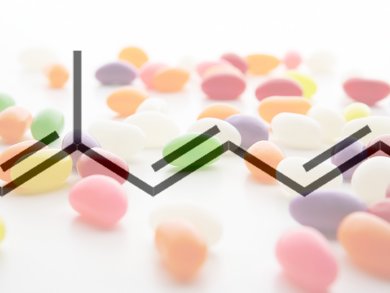Carotenoids are a large and widely distributed group of pigments, which are biosynthesized in large quantities by plants, some animals, and microorganisms. The antioxidant properties of carotenoids have been a major focus of attention recently, with chemoprevention effects added to their traditional use as colorants for the food and beverage industries.
Ángel de Lera and co-workers, University of Vigo, Spain, have used olefin metathesis/dimerization to synthesize symmetrical fully conjugated C40 carotenoids. C21-terminal hexaenes were treated with a Grubbs’ second-generation Ru catalyst in dichloromethane at 50 °C to give the carotenoids β,β-carotene, lycopene, (3R,3’R)-zeaxanthin (pictured), and rac-isozeaxanthin.
These carotenoids represent the longest conjugated polyenic compounds prepared to date using a metathesis reaction.

- Synthesis of C40-Symmetrical Fully-Conjugated Carotenoids by Olefin Metathesis
N. Fontán, M. Domínguez, R. Álvarez, Á. R. de Lera,
Eur. J. Org. Chem. 2011.
DOI: 10.1002/ejoc.201100935




